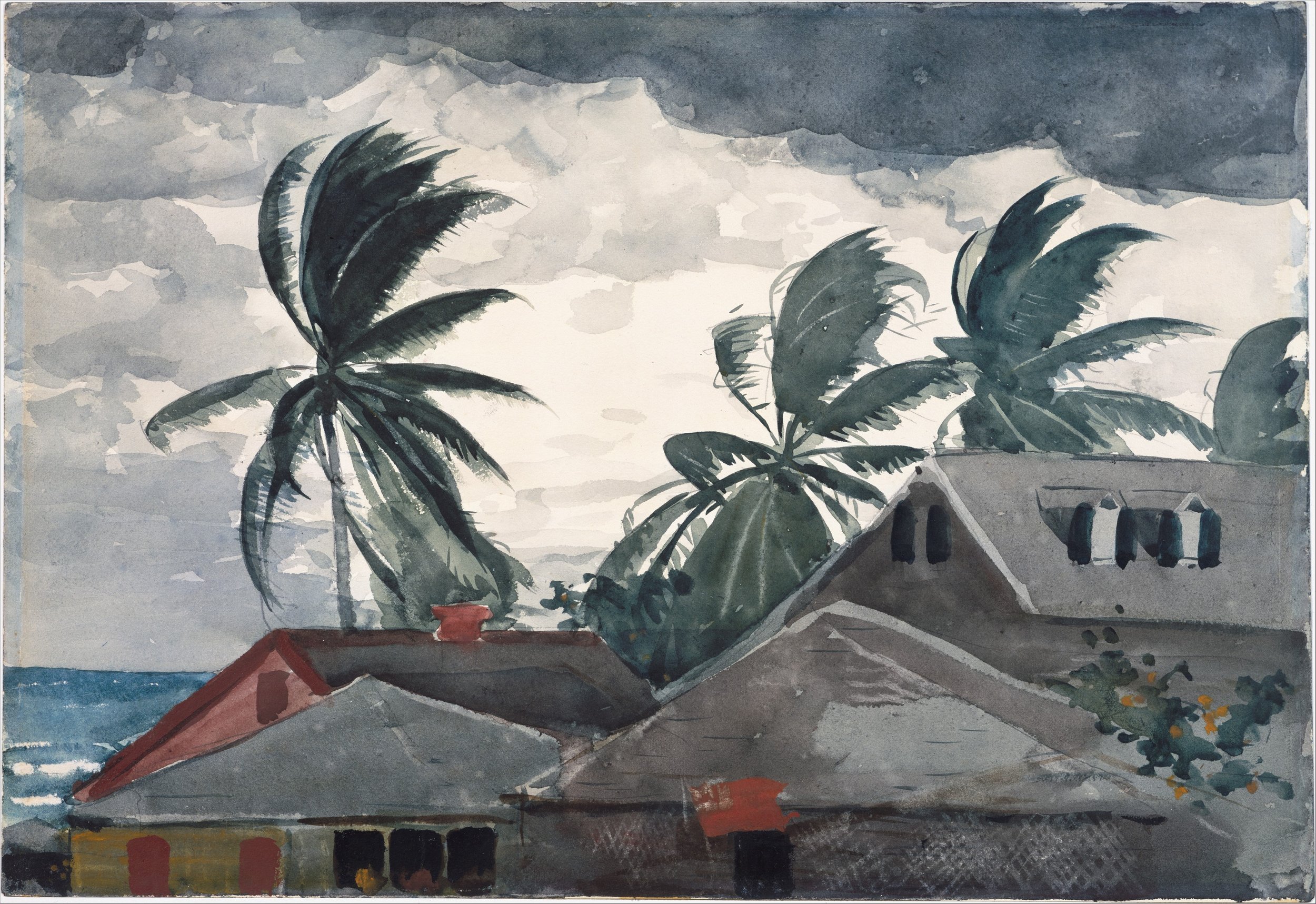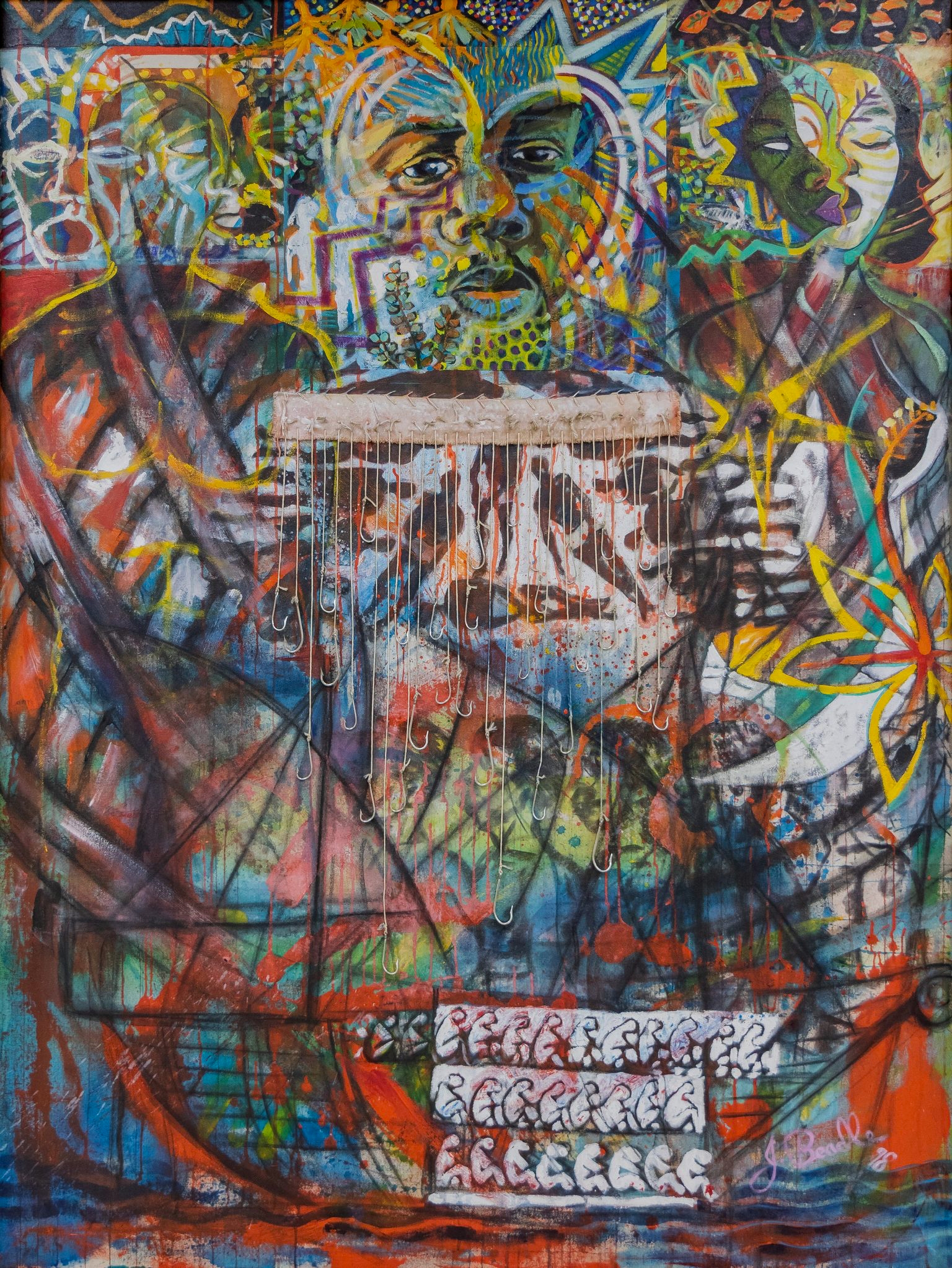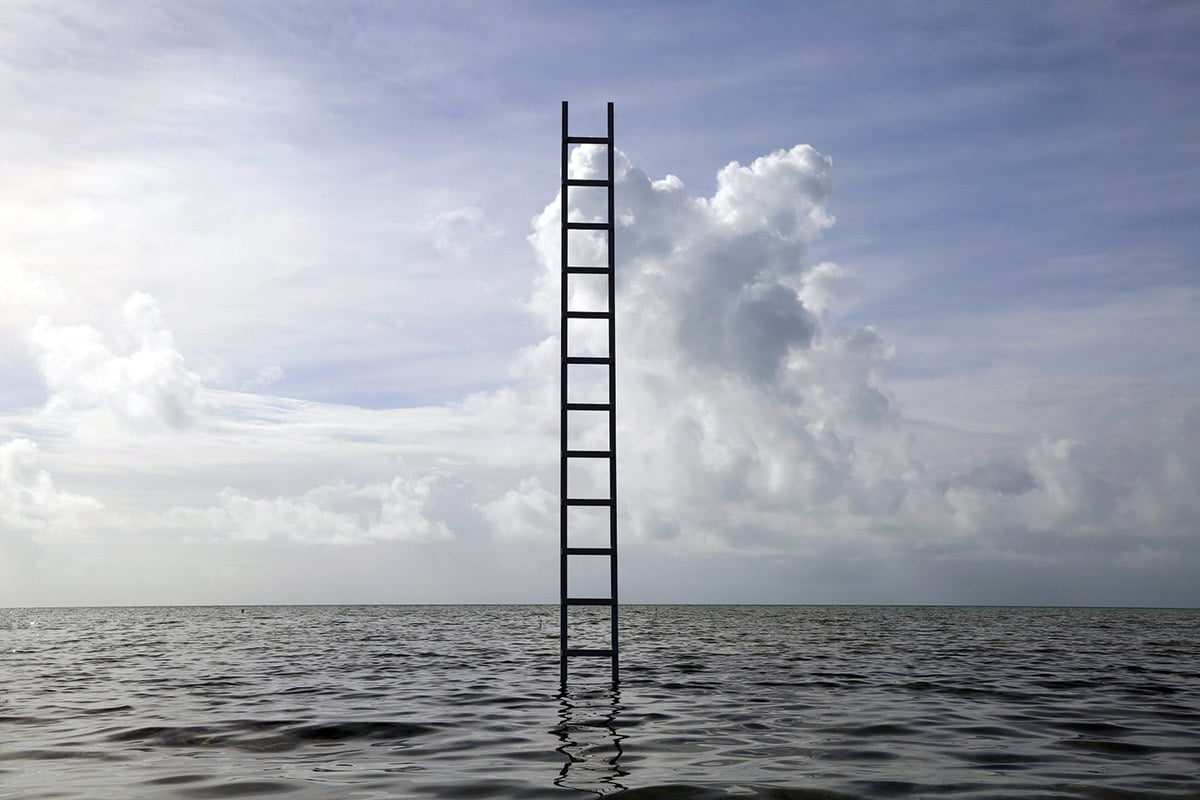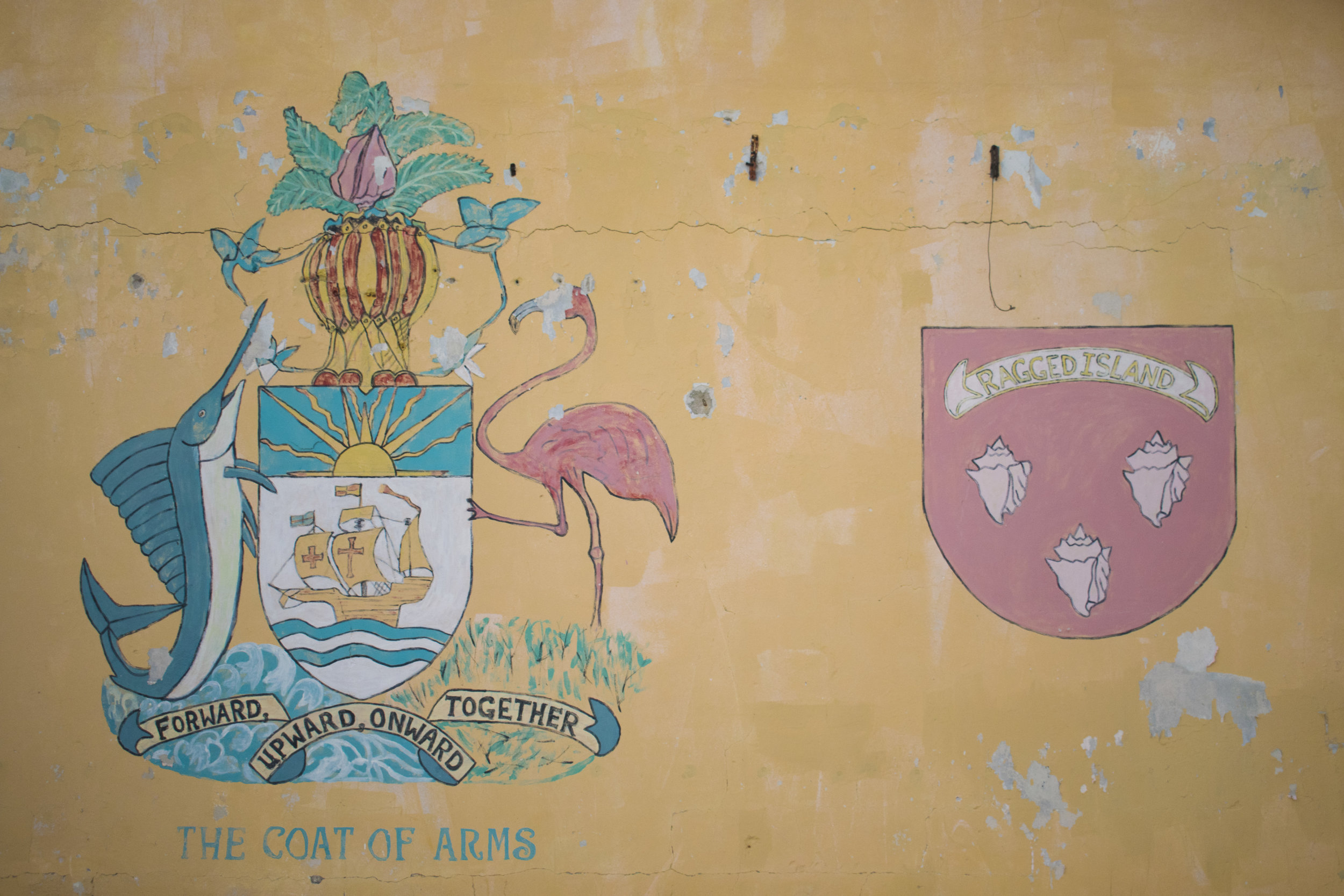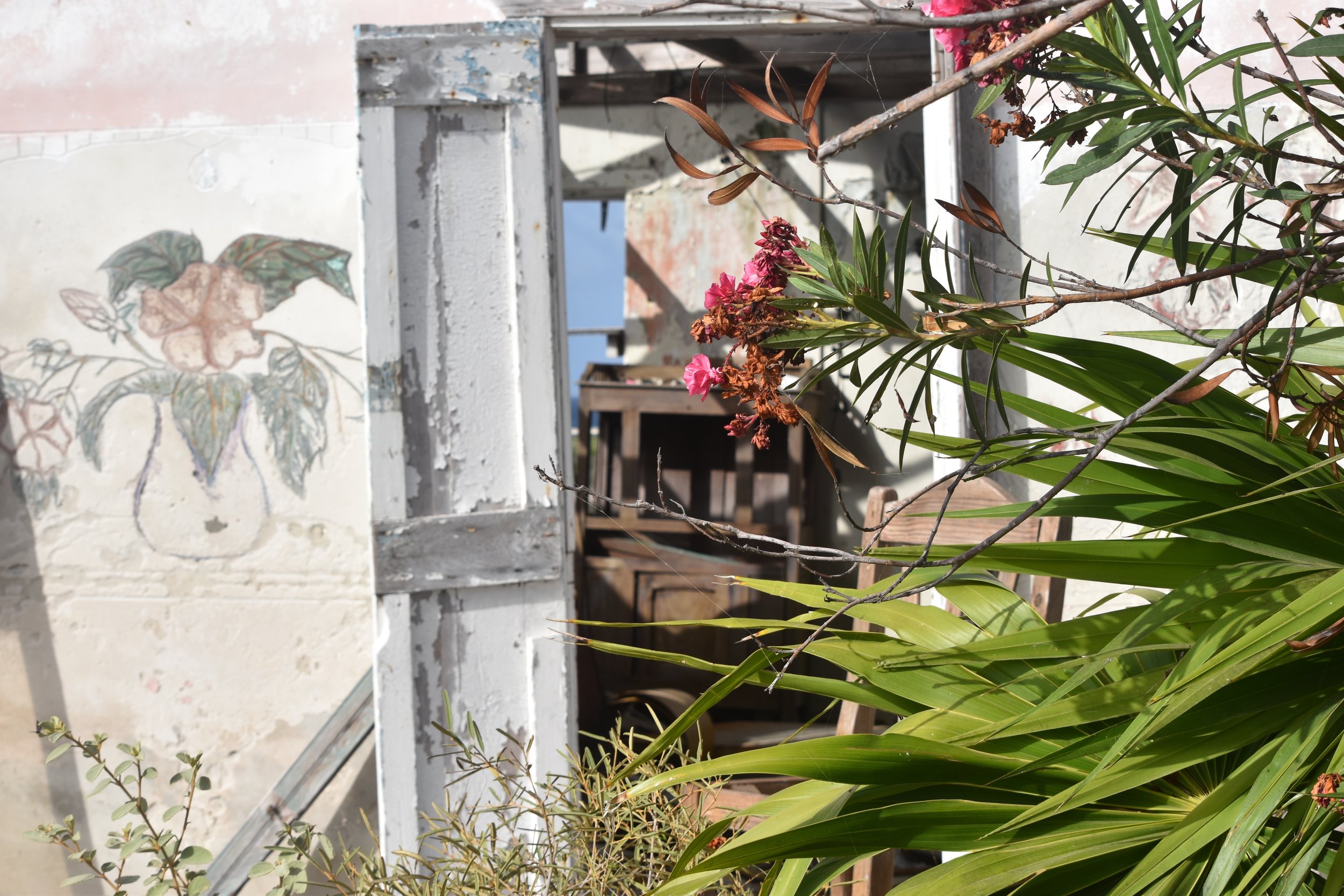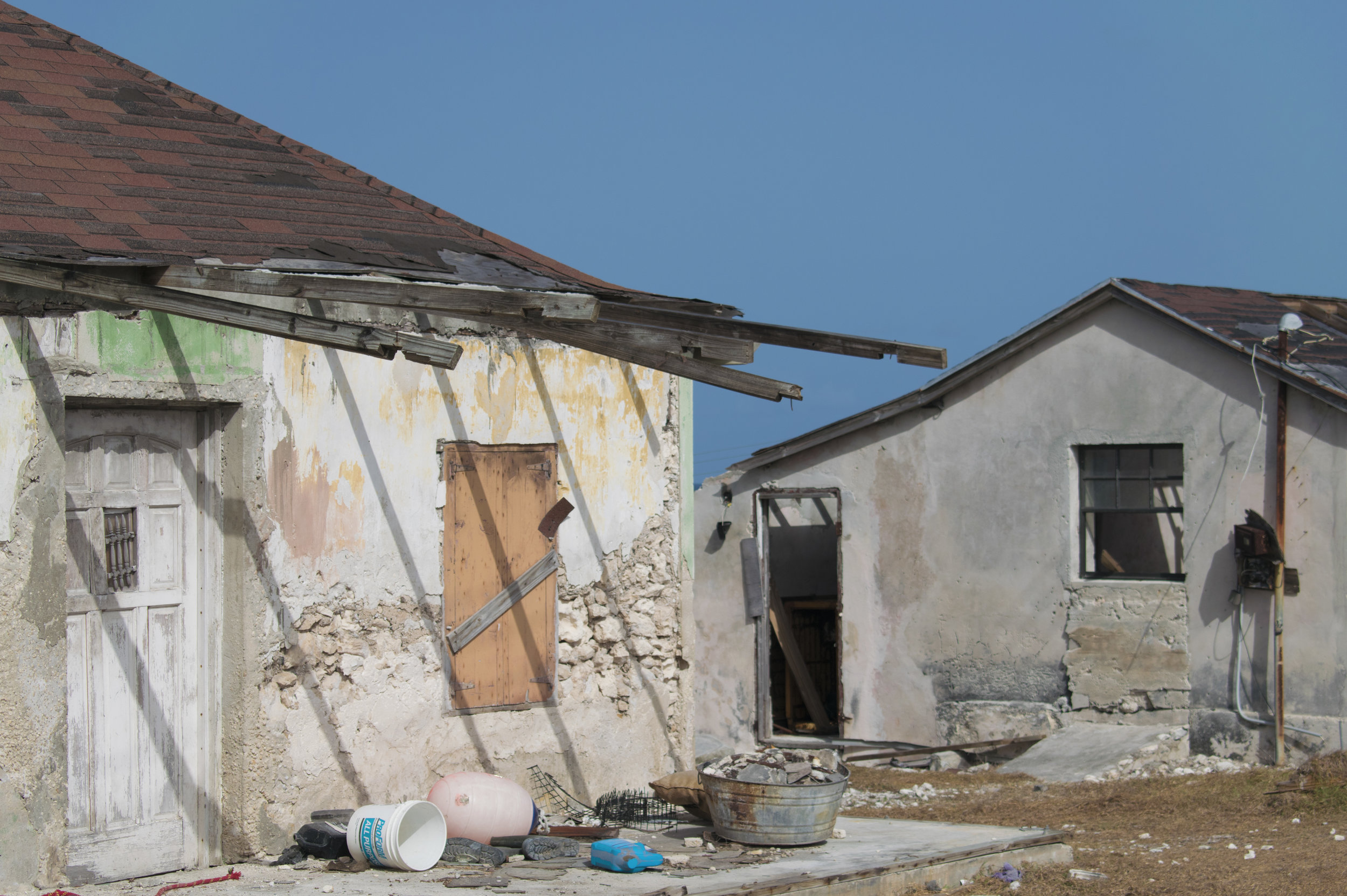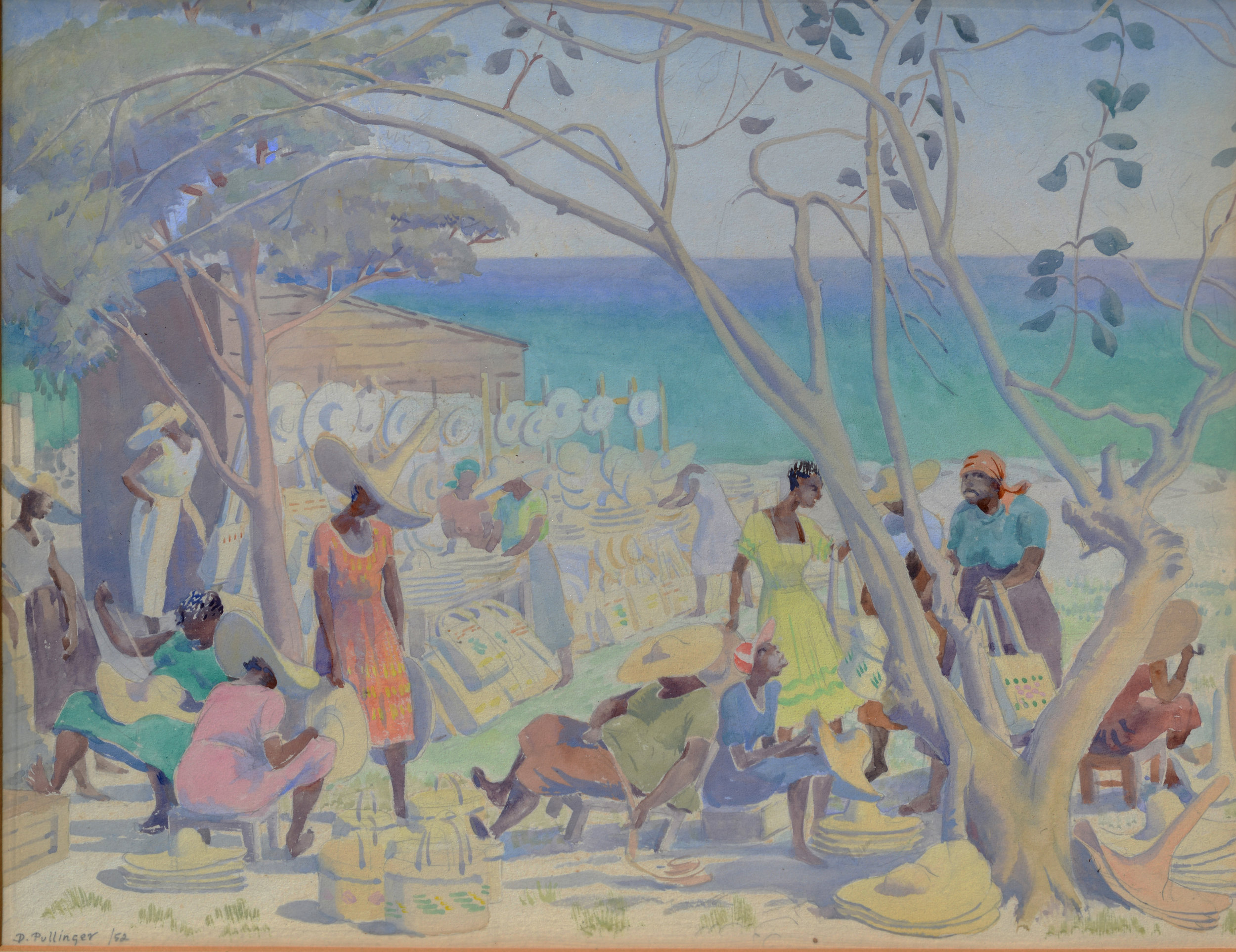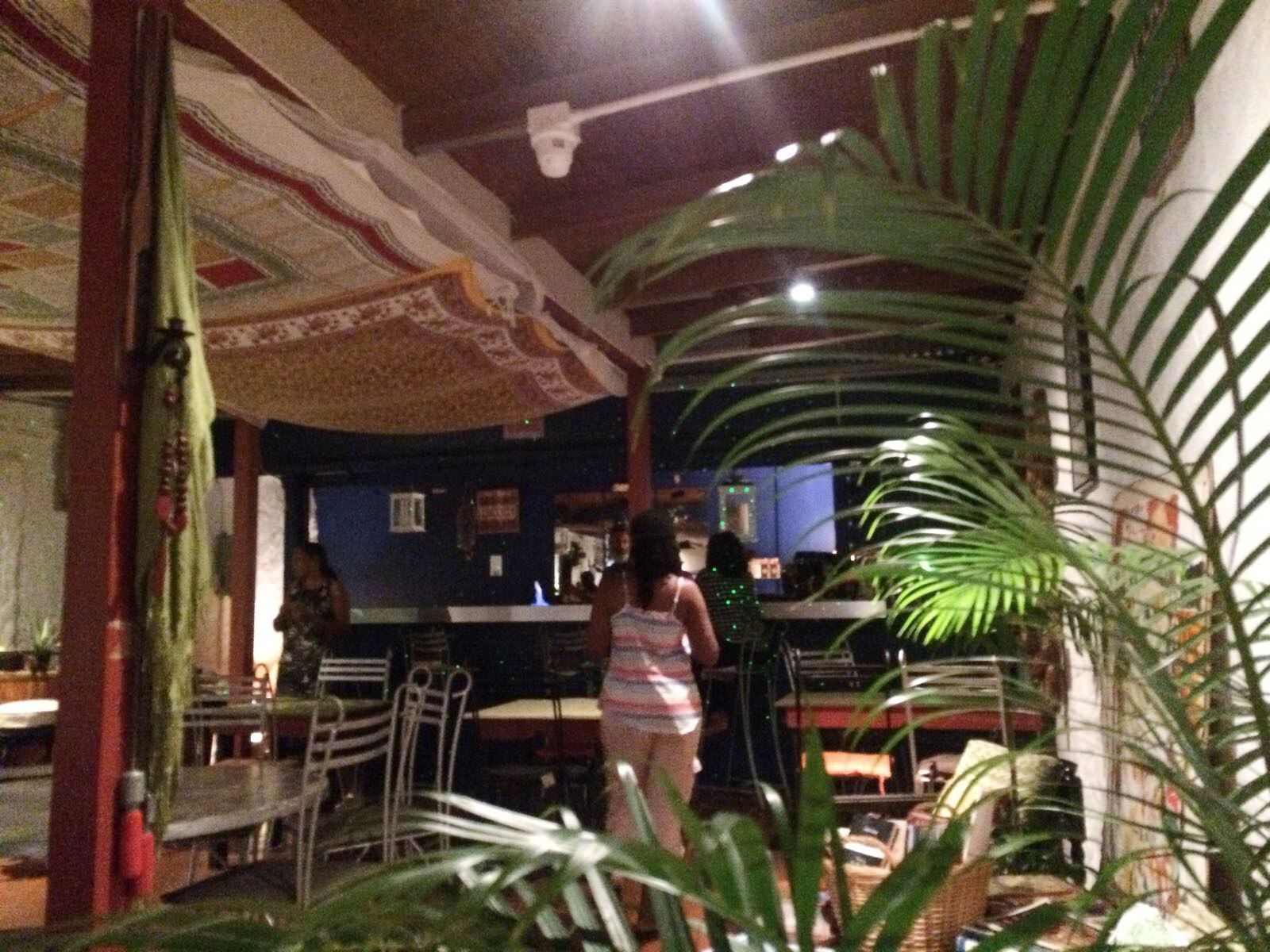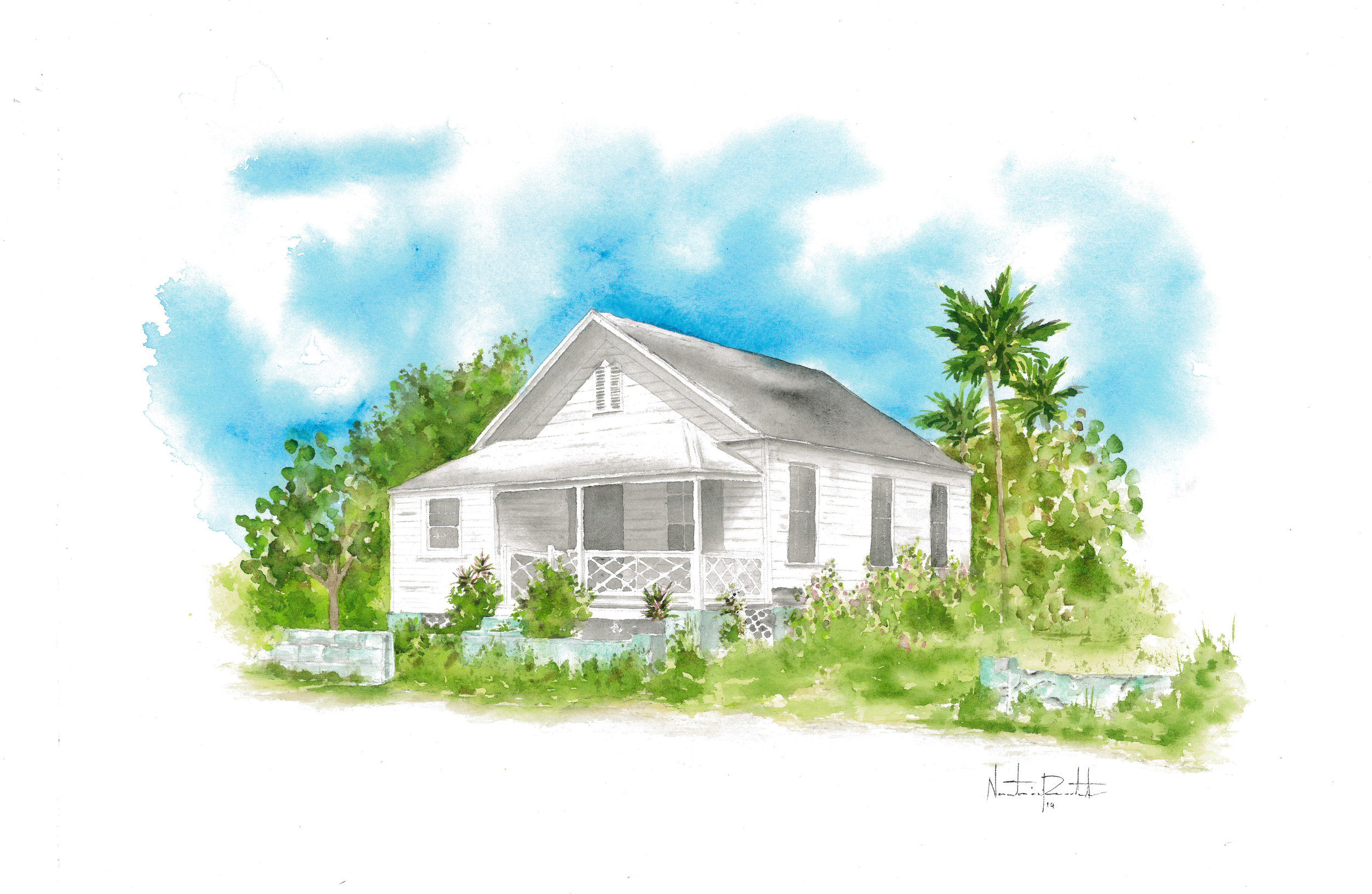As Dorian’s wake remains with us, do we have time to consider the indigenous, traditional knowledge of the Abacos? Abaco, similar to Inagua and Crooked Island in the south, and even Bimini in the North, has dealt with its share of natural disasters and man-made shocks. Its people are deeply connected to their lifeways and arts.
All posts tagged: climate
We Live at the Undersides
Resilience in the era of climate crisis and finding the fraternity in loss after Hurricane Dorian. Two years ago, I wrote an article on the impact of Hurricane Irma on the loss of cultural material and the devastation of the landscape, lamenting the single death we sustained here, how we “lost two cultures that day”. I spoke about how many of us, in light of the nature of our dotted, disparate geography, felt the smallest sigh of relief that the more inhabited islands of New Providence and Grand Bahama were not hit, though it did little to soothe the loss of life and property in the Southern Bahamas. This year, I write about another Category 5 storm. This year I write about such heart-piercing loss of life that it’s hard to contemplate how much material loss there is. This year, I write about what happened to one of those “more inhabited” islands, the island I have called home for most of my life, and how the culture and people I grew up with Grand Bahama are underwater, and Abaco all but washed away.
Epistemic and Cultural Violence: Powercutting as Light
Anibal Quijano (31 May, 2019) and Toni Morrison (5 August, 2019) – two great thinkers have gone. Nicolette Bethel’s 1990 play, Powercut, produced and performed at the Dundas Centre for the Performing Arts, shows what happens in the dark. Nowadays, lights drop into darkness at least once a day for hours at a time. The violence of structures invisible to the naked colonised eye is only ever gossiped about. We are afraid to cease being what we are not, we do not know how to be who we are. It is the culture of violence and silence revealed through ‘discussions’ around tourism and prostitution, two interlocked economies of pleasure. The Victorian Bahamas avoids discussing these things in the same breath, yet the exoticisation and tropicalisation of space and place speaks to a reality of total erasure of self for what we are not, to pick up on Quijano’s statement. In “The Visual Life Of Social Affliction,” the upcoming Small Axe Project exhibition which opens at the NAGB on Thursday, August 22nd, we see what we are taught/made not to see; we see the violence of not seeing who we are and the trauma of being held in bondage through invisible structures. Powercut reveals a lot of the invisible structures, as do the works of recently departed thinkers Anibal Quijano and Toni Morrison.
The art of living in the tropics. Part II: Hand come, hand go
By Dr Ian Bethell-Bennett, The University of The Bahamas. Exuma blue recedes into Ragged Island sargasso and green. Sole inhabitant of Buena Vista Cay, Edward Lockhart, a reminder of Hemingway’s Old Man and The Sea (1952) has pulled up alongside and tied his boat to the MV Captain C and now stands with the others on the deck. Sun pounds down as the heat of living in the tropics feels much hotter than it has in forever. Art is always somewhat less strange than life, as stories come and go and fight to retain their place in a global village quickly being overtaken by overwriting of colour-blindness and leadership that throws women and minorities and their voices under the bus. Ironically, there is this romantic notion about “going back to the island”, it will all be better there, by and by. The irony is that hidden in this discourse of nostalgia for the island, is an erasure of the same island we long for.
The art of living in the tropics: An art of survival?
By Dr Ian Bethell-Bennett. The University of The Bahamas. The savagery of hurricanes is clear as people struggle to recover and survive. This is the first of a three-part series that journeys through and to the Southern Bahamas, to Ragged Island. It is an exploration of connectivity, innovation and cultural erasure meeting with opportunity, though not for all. As a part of the content for The Bahamas pavilion at the Expo 2020 “Connecting Minds Creating the Future”, to be held in Dubai United Arab Emirates beginning on 20th October 2020, a group of researchers sought to collect data and stories of life in the tropics. The focus will be revealed as the stories unfold. With the theme of sustainability, the question becomes: can any of us be truly sustainable in a cultural reality that threatens erasure through natural and man-made situations?
Aftermath: Field Notes on Loss and Belonging
Ethan Knowles, Guest Intern for the Double Dutch 2018 Project. When I first came back home I was afraid. Though the hurricane was long over, and the news said that all the rotting carcasses had been cleared away, I was afraid nonetheless. I was afraid because I barely recognized anything. Riding around in Aunty Mary’s two-seater truck, I couldn’t spot the crowds of red mangrove that would ordinarily welcome me home after so many hours spent on the mailboat. Instead, I saw angry, misshapen skeletons tearing at the shore. I didn’t see Uncle Freddy or Ma Pat working the salt flats either. In fact, I didn’t see anyone down there – just flooded pans and brooding boundary lines. I turned away to gaze at the sea. I scanned the horizon carefully, but there wasn’t a boat in sight; and when I spun around to survey the land, I couldn’t make out a single child’s mother gathering tops in the bush.
The Problems of Paradise: Thoughts on Traversing the Picturesque
Cultivating the Local: In the wake of change
By Dr Ian Bethell Bennett This is our time, the occasion for thinking and being different, not bound by an antiquated, out-dated design and building model, or for that matter a tourism model that focuses almost exclusively on resort style entertainment at the expense of locally-fashioned rustic flavoured spots that draw in tourists with their uniqueness.
The Clapboard House: A Disappearing Relic within The Bahamian Landscape
By Keisha Oliver. In the aftermath of Hurricane Irma’s devastation, as the Caribbean recovers and rebuilds, it would be remiss not to pause and reflect. In moving forward, there is much to be considered from our survival and journey as an island people. Our social and physical landscapes have and will continue to weave the rich cultural fabric of our existence once we continue to value and preserve them.
The Art of Survival: Rebuilding for the Future
By Malika N Pryor. When I moved to The Bahamas in 2013, I knew that it was possible to encounter one of them. Like the unspeakable name of a villain in a famous children’s book turned film series, I talked about the storms that originated on the shores of West Africa in a low voice, as if I’d awaken them if spoken at a regular volume. Most Nassau residents I encountered were largely unbothered, and I was amazed at how casual most were when it came to the conversation of hurricanes. Then, in 2015 Joaquin hit the southern islands and I realised how incredibly close they could be. I ached for those who had lost nearly everything and for their family members who watched from their screens in New Providence.
